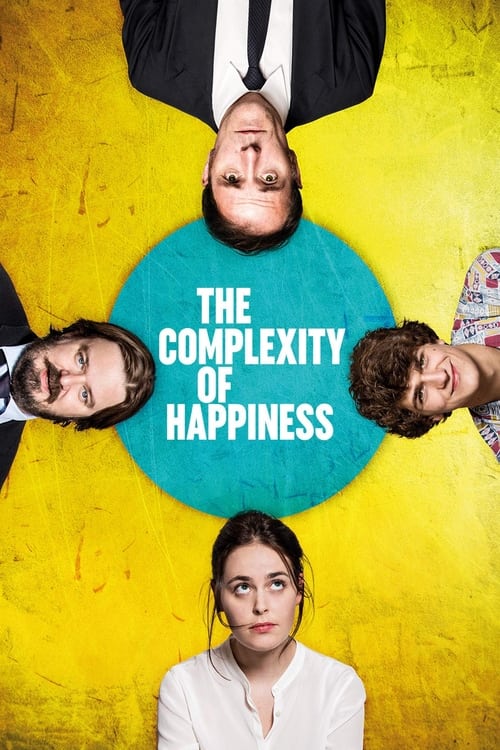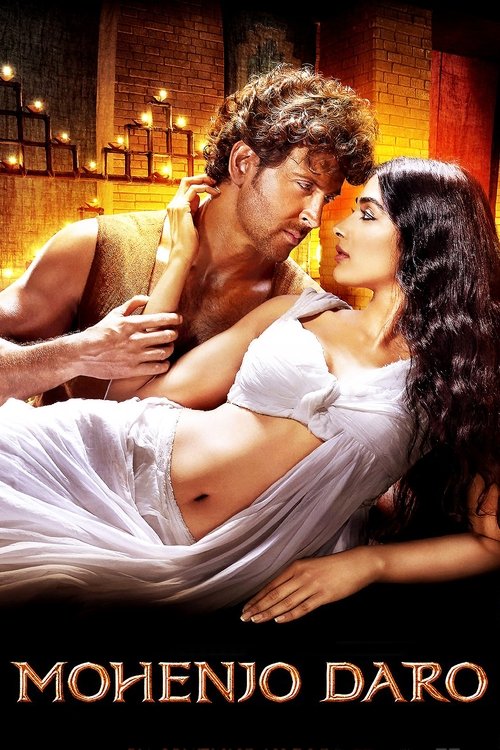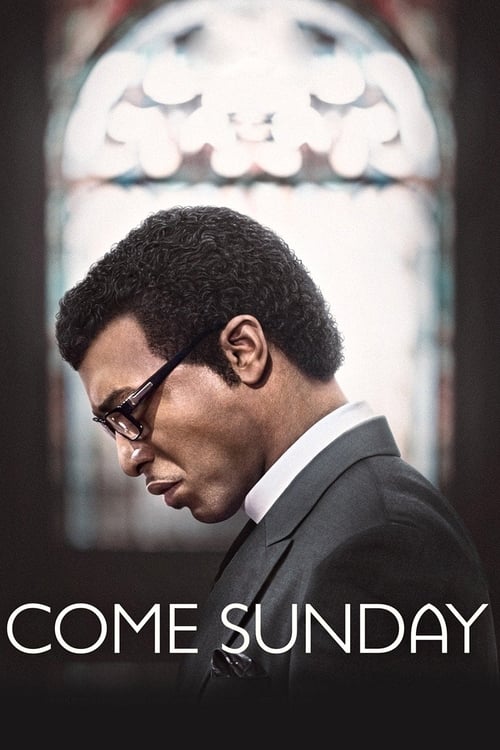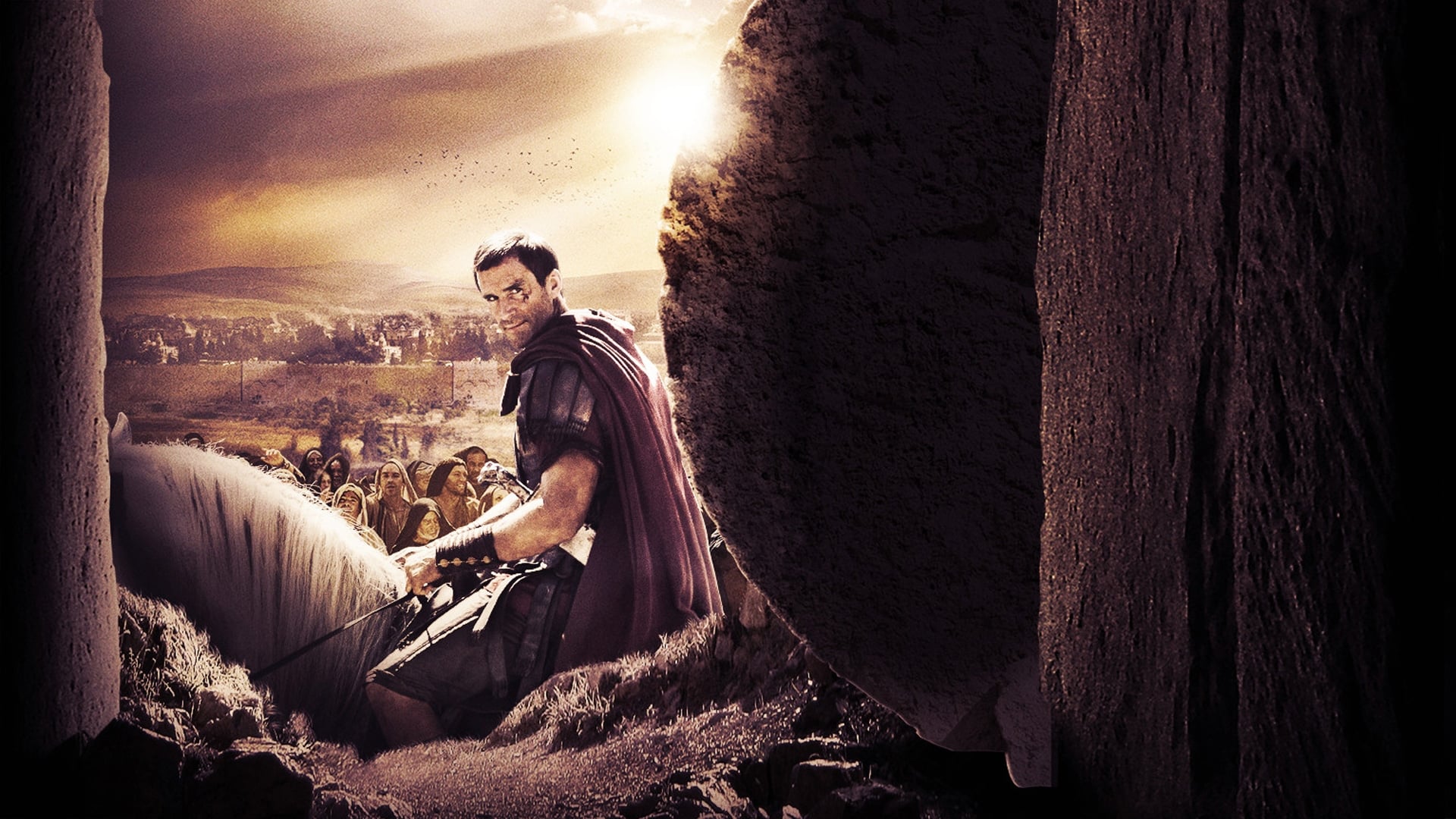
2016
Risen
Action, Adventure, Drama, History, Mystery
7.0
User Score
919 Votes
Status
Released
Language
en
Budget
$20.000.000
Production
Patrick Aiello Productions, Affirm Films, Columbia Pictures, LD Entertainment
Overview
Clavius, a powerful Roman military tribune, and his aide, Lucius, are tasked with solving the mystery of what happened to Jesus in the weeks following the crucifixion, in order to disprove the rumors of a risen Messiah and prevent an uprising in Jerusalem.
Review

Rangan
6.0
> It's something beyond a manhunt...
I just want to review it as a film, so my take on this is pure based on the entertainment and technical aspect, not historical or the religious stuff.
The story was not bad, which is set in the Israel 33AD where a Roman man tells his story what he just went through. So the flashback begins, just like an unofficial sequel to 'The Passion of the Christ', the story continues after the crucifiction of Yeshua.
Sealed the tomb with the roman mark and guarded it by an armed force, the body of Yeshua goes missing. With the widespread speculation going around and the order from a higher authority, the Roman soldiers led by Clavius attempts to locate the body by following the hints. So the rest of the story is racing against the time where many unexpected and strange events follows.
It was a perfect setting for a tale like this. The characters were good, but in the end it certainly questions their actions based in what purpose. It was told from a Roman perspective and his transformation to what he ultimately believes.
The details were good while depicting the events. A simple narration with not so fancy stunts and others tricks, yet somewhere it loses its realistic approach to the supernatural thing.
Since they did not mention anything related to the real account, it is fairly debatable yet not worth debating seriously. Because different people have different opinion regarding religious, historical and entertainment angle. But absolutely this film is target every one of them.
This kind of films is worth watching, because each writer, filmmaker gives us a different take on the person who is behind the world's largest faith. So 'liked it' or 'didn't like' should come after the view. Though it was a quite enjoyable film.
6/10
Read More 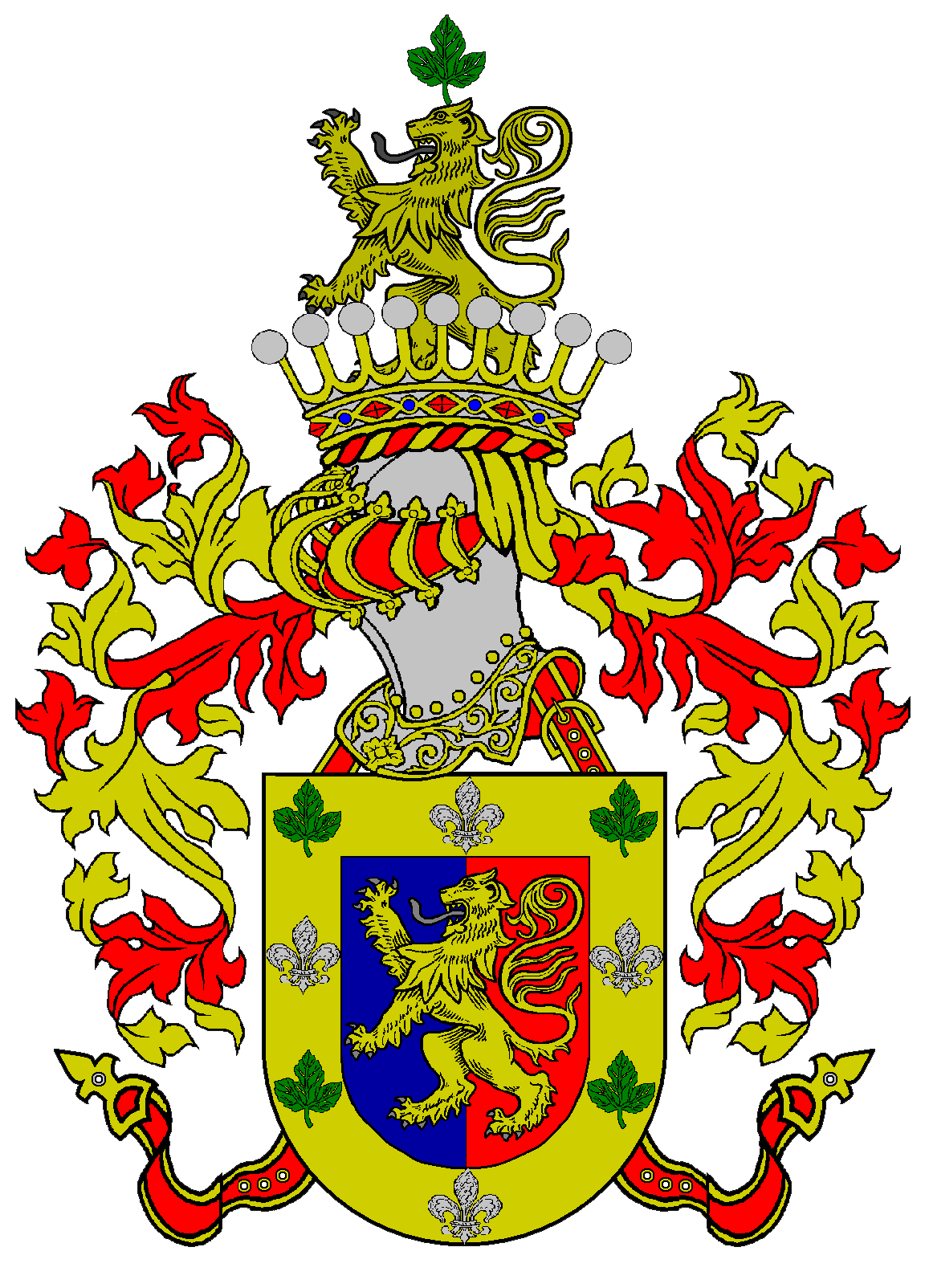
FilipeManuelNeto
8.0
**A film with qualities and realism, and which deserves to be revisited.**
Jesus Christ is the figure to which cinema has given the most attention throughout history. We may or may not be believers, but Jesus is certainly the person with the greatest impact in the history of humanity. There is no one who does not know Him or who does not know how to quote something that was said by Him, or who does not know His face (or rather, the way in which we, Europeans, began to portray Him, ignoring any resemblance to the real Jesus). This film followed the famous “Passion of the Christ”, it is a non-canonical sequel, so to speak. Unsurprisingly, it focuses on the events surrounding the resurrection, and follows the Roman tribune whom Pilate commissions to investigate these reports and eventually recover the missing corpse.
Obviously, this film is not aimed at atheist or non-Christian audiences, as it assumes the resurrection is certain, which confirms the divinity of Jesus and fulfills all the prophecies surrounding the messiah awaited by the Jewish people. However, despite a subtle aroma of implicit religious proselytism, I don't consider it to be a painful film for the most moderate of atheists. The narrative follows “a pari passu” the Acts of the Apostles, which tells the story of these moments between the crucifixion and the ascension of the resurrected Jesus to Heaven, in body and spirit. Being well versed in the text and a devout Catholic, I am reasonably pleased with the adaptation, which tells everything from the perspective of the Romans rather than the Christians.
For a biblical film, it's surprisingly low-key. For some years now, biblical-themed films seem to have abandoned any epic pretensions, so we don't have great effects and million-dollar productions. Director Kevin Reynolds sought to achieve the greatest realism, and a portrayal that felt authentic and historically accurate. I praise this effort and recognize that, in this field, the film has merits. Even the figure of Jesus appears to us devoid of any obvious sanctity for most of the time, and it is the attitude of His followers that most betrays His impact and status. The sets and costumes are very good, they don't look cheap or exaggerated, and the use of filming in authentic locations, in Spain and Malta, increases authenticity. At points where a greater number of doubts arise (for example, the exact way in which Jesus was crucified), the film seeks to follow a portrait that is realistic and respects the official canon.
Joseph Fiennes did a very satisfactory job as a Roman tribune. The actor has a dose of charm that accentuates his protagonism and leads us to follow him in his search. Alongside him, Tom Felton gives us welcome support and Peter Firth doesn't disappoint us in the role of the infamous governor Pilate, trying to turn the character into a bored bureaucrat, who seeks to carry out his mission in a particularly thorny corner of the Empire. Cliff Curtis is a peaceful, serene, charismatic and magnetic Jesus, but particularly human and tangible. Antonio Gil, Maria Botto and Stewart Scudamore make a positive contribution as some of the foundational figures of Christianity.
Surprisingly, the film did not succeed in the long term: it was a moderate success both at the box office and in physical release, and received reasonably positive reviews..., but being a 2016 film, it is surprising that it did not have any visibility in Europe and is, actually, virtually unknown to the European public. I think that, without being memorable, it still has qualities that justify a recap today.
Read More 